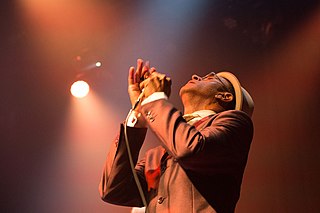A Quote by Peter Landesman
I don't actually see that much difference between telling stories in journalism and telling them on film. The tools are very different, but the basic idea is the same.
Related Quotes
I don't think journalism changes. It's about digging into stories and telling them well. The basic tenets of great reporting stay the same while things around it change. Technology has made reporting easier, but it has also caused job loss. Social media has increased discussion around topics, but it has its own challenges at times.
In fiction the narrator is a performance of voice, and it can be any style of voice, but I'm interested in the ways that a voice that knows it's telling a story is actually telling a different story than it intends to. In the way that I can sit here and tell you what I had for breakfast, but I'm really telling you that I'm having an affair, something like that. And I don't think my writing is plain, but I think a lot of my characters are just talking. There is vulnerability there, in that we can start to see through them, we can start to see where they're deceiving themselves.
Why the connection with musicians? I think it's because in the end we're doing very similar things - we're telling stories, we're using poetic, lyrical language, and we're distilling stories down into their simplest form. We're both telling a story in two languages - word and music for them; and word and image for me.
My real purpose in telling middle-school students stories was to practice telling stories. And I practiced on the greatest model of storytelling we've got, which is "The Iliad" and "The Odyssey." I told those stories many, many times. And the way I would justify it to the head teacher if he came in or to any parents who complained was, look, I'm telling these great stories because they're part of our cultural heritage. I did believe that.
When people are always telling you that you have to have a lot of women, women are very important, there's a chance that you might actually begin to observe them on a more fundamental level. Then you get so much focus that one day you might actually see. Dominican men are told to look at women all the time, but they're definitely not told to see them.







































